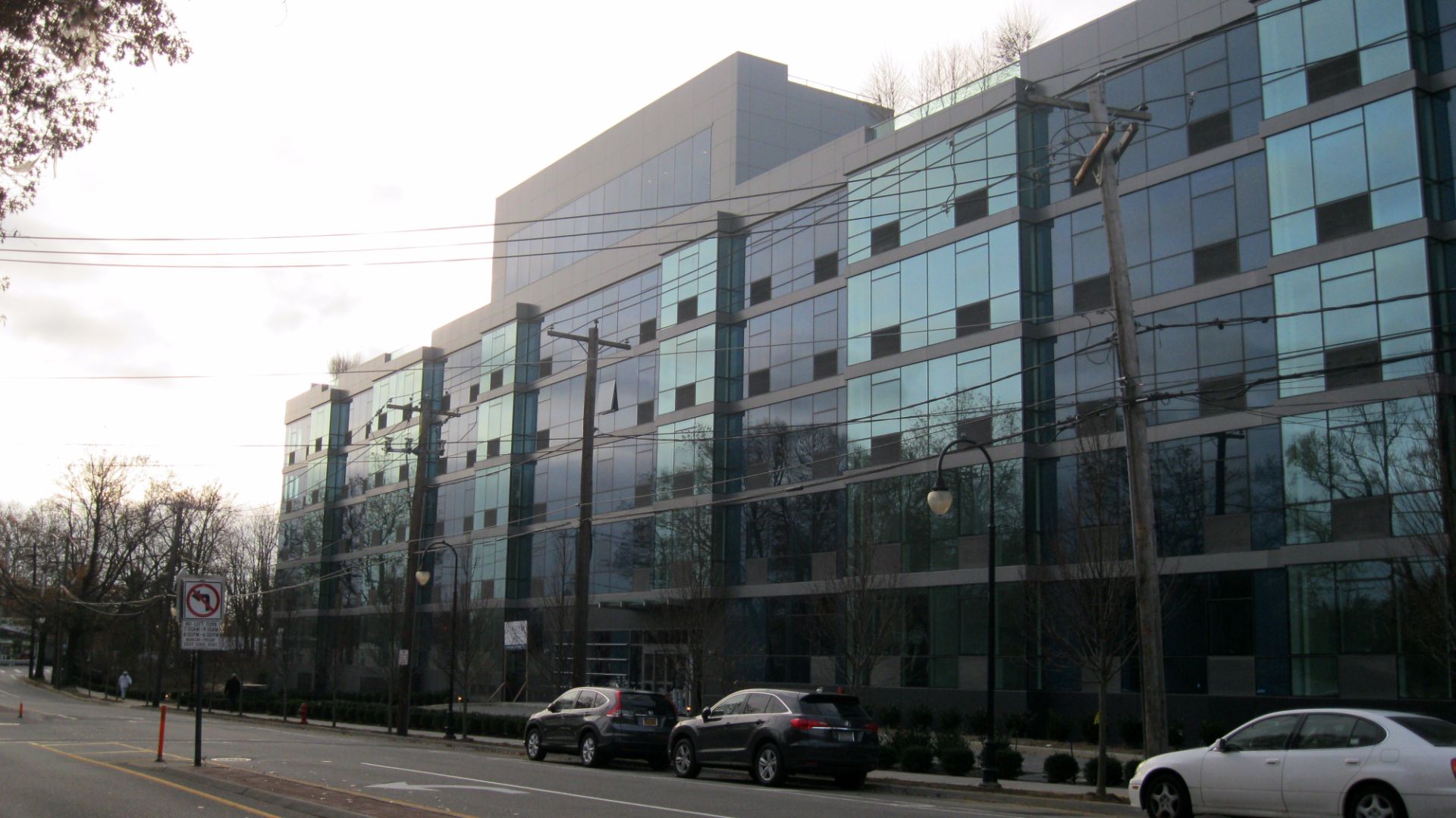Village of Great Neck Plaza trustees began talks to amend village affordable housing laws on Wednesday, after settling a federal lawsuit in October that alleged the village had violated fair housing laws by denying minorities equal opportunity to affordable housing units at The Maestro, a 94-unit rental apartment complex.
At Wednesday’s meeting, the Board of Trustees held a public hearing to amend codes in the C-2 zoning district, which includes The Maestro at 255 Great Neck Road.
The proposed code amendments would eliminate age and residency requirements for affordable housing units, as well as halt the screening of potential applicants.
In May 2014, Long Island Housing Services and the Fair Housing Justice Center filed a complaint in Central Islip’s Eastern District Court of New York claiming the village was violating local, state, and federal laws by enforcing discriminatory age and race requirements for affordable housing.
The plaintiffs claimed current village code favored “long-term residents of the predominantly white surrounding municipalities” and was “discriminating systematically against African Americans” and “perpetuating residential racial segregation,” court documents said.
In 2005, the village enacted an affordable housing ordinance requiring newly constructed or converted residential buildings with at least 20,000 square feet of gross floor area to utilize 7.5 percent of that area for affordable housing units.
Persons eligible for affordable housing units, at the time, were required to be either under the age of 30 or over the age of 65 and had lived in the village for at least 10 years, court documents said.
Current village code, which was amended in 2013 after Village of Great Neck Plaza Mayor Jean Celender said it was difficult to attract applicants who met the village’s eligibility requirement, requires applicants to be either under the age of 40 or over the age of 65 and have lived in the village for at least 10 years.
Village Clerk-Treasurer Patricia O’Byrne said if approved, the new law would be sent to the Nassau County Planning Commission for review.
The hearing was adjourned to the Dec. 16 meeting for further discussion.
The board unanimously voted to adopt a declaration stating the new law would not create any adverse environmental impacts on the community, O’Byrne said.
The village settled its portion of the lawsuit on Oct. 1 by agreeing to pay $200,000 in damages and attorney’s fees.
As well as the settlement fee, the village agreed to amend code to allow a 20 percent density bonus, a zoning tool that permits developers to build more housing units, taller buildings, or more floor space than normally allowed in exchange for provision of a defined public benefit, for developers, to allow developers to screen applicants rather than the village, and to issue building permits for seven new affordable housing units after four years of the effective agreement date.
The village also agreed to issue building permits for 14 new affordable housing units after six years of the effective agreement date.
Village Attorney Richard Gabriele said the village’s insurance would be paying the settlement fee, with the village only paying a small, undetermined deductible.
The two fair-housing organizations also filed against the Nassau County Industrial Development Agency.
Litigation with the IDA is still ongoing.



